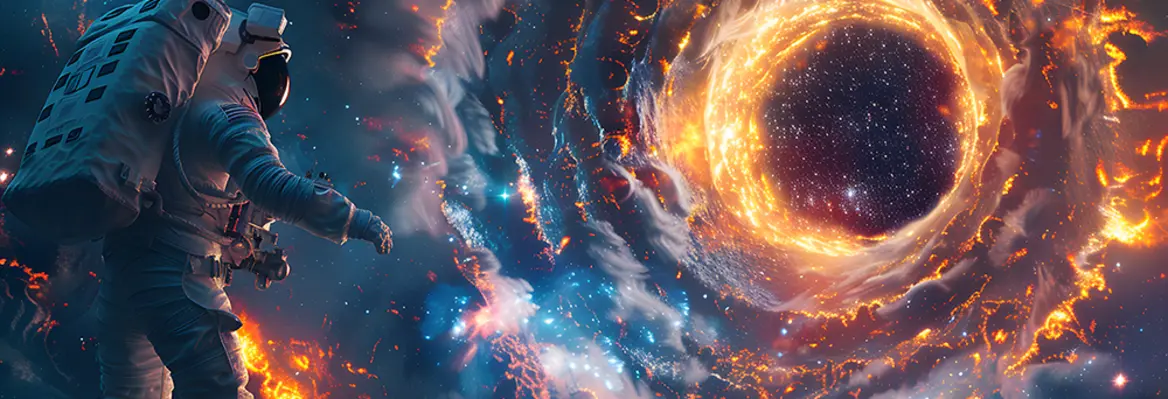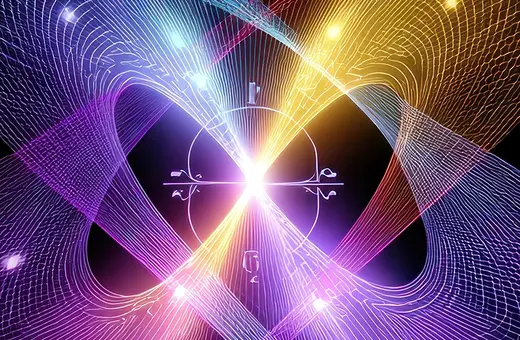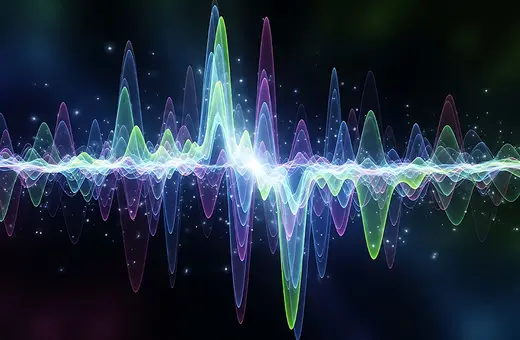Try to measure an object’s location too precisely, and you’ll collapse into a black hole. Physicist Daniel Carney highlights this overlooked consequence of quantum mechanics and general relativity, suggesting that it reveals many basic physical quantities to be fundamentally approximate. The path to a theory of quantum gravity, he argues, hinges on confronting the limits of measurement and observation—and perhaps leads to the realisation that ultimate reality lies forever beyond observation.
Measurement in quantum mechanics and general relativity
Our understanding of the universe is limited by how precisely we can measure physical systems. Without the microscope, the cellular underpinnings of life could never have been learned; without the telescope, determining if the dots of light in the night sky are stars or some kind of celestial lightning bug would have been impossible. In practice, we make better measurements by developing new technologies and devices. But the same laws of physics govern both the observed systems and the devices used to observe them. An important, elementary question thus arises: are there fundamental physical limitations to what can be detected with a measurement apparatus, even in principle.
Addressing this question in full will require the union of our two most fundamental frameworks of nature: quantum mechanics and the general theory of relativity. Roughly speaking, general relativity—Einstein's theory of gravity—tells us where and when we can measure, and quantum mechanics tells us that the outcomes of measurements must follow certain probabilistic and often counter-intuitive rules. Gravitational event horizons, such as those experienced by an observer who remains outside of a black hole, delineate parts of spacetime which that observer can never access even in principle. Quantum mechanics teaches us that measurements always give at least slightly uncertain answers, and that the act of observation necessarily disturbs the state of the observed system.
Any measurement device has mass, and thus gravitates. It must also obey the laws of quantum mechanics. Do these facts imply anything about how well a measurement can be done? Thinking about situations in which both the gravity and quantum mechanics of the observational apparatus are important may sound esoteric. Gravity is most pronounced in large systems, like planets and galaxies. Quantum mechanics, on the other hand, reveals its mysteries most visibly in tiny, isolated objects like individual atoms. Yet today we have a variety of measurement devices, used in actual laboratories, where both quantum and gravitational effects are present.
___
We have predicted a limit to how well the position of an object can ever be measured: if we try to observe its location too precisely, the object will collapse into a black hole.
___






















Join the conversation